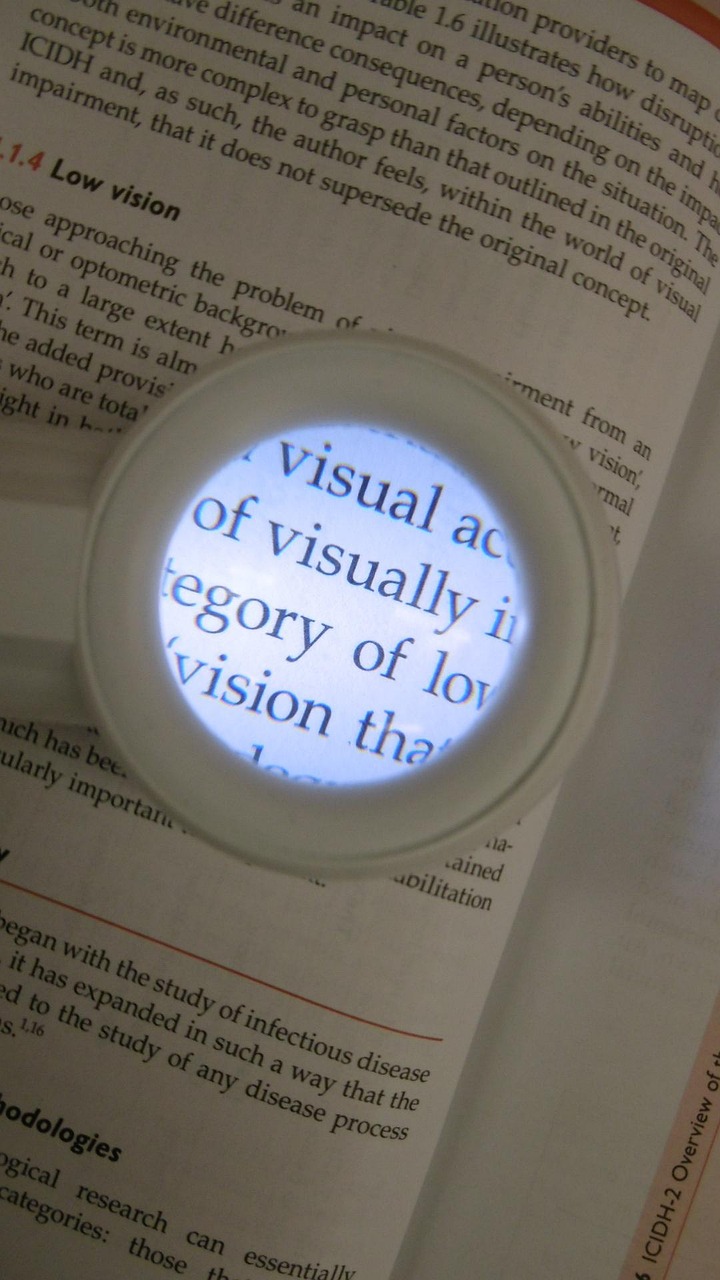




Cataract Surgery Negligence Claims
How Much Compensation Can You Claim?
When mistakes occur due to medical negligence, cataract surgery negligence claims help those affected to get their lives back on track. Cataract surgery is one of the most commonly performed procedures. It offers life-changing benefits to those suffering from clouded vision.
The majority of cataract surgeries are successful, improving vision and quality of life. But, if things go wrong the results may be devastating leading to pain and vision loss. So, if you’ve suffered due to a botched cataract operation, you may be entitled to make a cataract surgery negligence claim.
If you suspect that you have suffered harm because of clinical negligence, Jefferies Claims may be able to help. We work with highly experienced lawyers who work on a ‘No Win, No Fee’ basis, which means you only pay fees if your claim is successful.
Cataract Surgery and Its Risks
Cataracts cause the lens of the eye to become cloudy, leading to impaired vision. Therefore, cataract surgery involves removing the cloudy lens and replacing it with an artificial intraocular lens. The procedure is typically quick and performed under local anaesthetic.
Yet despite its routine nature, cataract surgery is not without risks. It’s important to note that some complications may not be due to medical negligence. However, others may result from avoidable medical errors.
Possible Complications of Cataract Surgery:
Infection: A serious but rare complication that can lead to blindness.
Posterior Capsule Opacification (PCO): Clouding of the membrane behind the lens, sometimes referred to as a “secondary cataract.”
Retinal Detachment: May occur weeks or months after surgery.
Dislocated Intraocular Lens: The lens may shift out of position.
Corneal Swelling (Oedema): Can lead to long-term vision problems.
Excessive inflammation or bleeding.
Persistent blurred or double vision.
If these outcomes arise from avoidable mistakes or substandard care, they may constitute medical negligence.
What is Cataract Surgery Negligence?
Cataract surgery negligence occurs when a healthcare provider fails to deliver an acceptable standard of care, resulting in harm to the patient. This can include factors such as surgical errors, poor pre-operative assessments, or inadequate aftercare. Here are common types of negligence:
Incorrect Patients Assessment:
- Failure to conduct a thorough eye examination.
- Not identifying patients at higher risk of complications e.g., those with diabetes or glaucoma.
Surgical Errors:
- Performing surgery on the wrong eye.
- Using the wrong lens implant.
- Damaging the cornea, retina, or optic nerve during the procedure.
Post-Operative Failures:
- Not identifying or treating an infection promptly.
- Failing to provide appropriate aftercare instructions or medication.
- Inadequate follow-up leading to delayed treatment of complications.
Consent Issues:
- Not fully informing patients of the risks and obtaining informed consent before surgery.
Delayed Treatment:
- Unnecessary delays in diagnosing or treating complications which results in the condition worsening.
Do I Have a Claim for Cataract Surgery Negligence?
To make successful cataract surgery negligence claims, patients must be able to prove that:
- Duty of Care: The medical provider owed you a duty of care (this is generally automatic for healthcare providers)
- Breach of Duty: This duty was breached by providing substandard care.
- Causation: The breach directly caused your injury or worsened your condition.
- Damages: You suffered physical, emotional, or financial losses as a result.
Clinical negligence can be complex, so it’s advisable to speak to a qualified medical negligence solicitor who can assess the merits of your case and help gather necessary evidence.
What Evidence is Needed for a Cataract Negligence Claim?
Here’s what you may need to build a strong case:
- Medical Records: These will show the treatment provided and any complications noted.
- Surgical Notes: Detailed documentation of the operation and any errors.
- Optometrist and Specialist Reports: Independent medical opinions on the standard of care and causation.
- Photographs and Scans: Visual evidence of damage or complications.
- Witness Statements: From family members or carers who observed the impact.
- Diary: Ensure you document how the negligence has affected your daily life.
- Financial Records: To prove loss of income, costs of corrective treatments, and other expenses.
How Much Compensation Can You Claim?
Compensation in these cases of cataract surgery negligence varies depending on the severity of your injury and its impact on your life. Typically compensation may include:
General Damages
For pain, suffering, and loss of amenity (quality of life):
Special Damages
This is to cover actual financial losses such as:
- Lost earnings (past and future)
- Cost of further medical treatment or surgery
- Travel expenses for hospital visits
- Care costs if you need help with daily tasks
As each case is unique, your medical negligence lawyer will be able to provide more information on the potential compensation you may be able to seek.
Start Your Claim
You generally have three years from the date of the surgery or from when you first realised the injury was caused by negligence to file a claim for clinical negligence. For children, the three-year limit starts from their 18th birthday. In cases involving diminished mental capacity, the time limit may be extended.
Jefferies Claims can guide you through the process of how to claim compensation. We work with highly experienced lawyers in this field who offer a ‘No Win, No Fee’ agreement. We will give you the support and understanding you need at this difficult time. Call us at 0333 358 3034 for a free no-obligation chat or visit Jefferies Claims Contact Us Page
This article provides general legal information and should not be construed as legal or medical advice.
